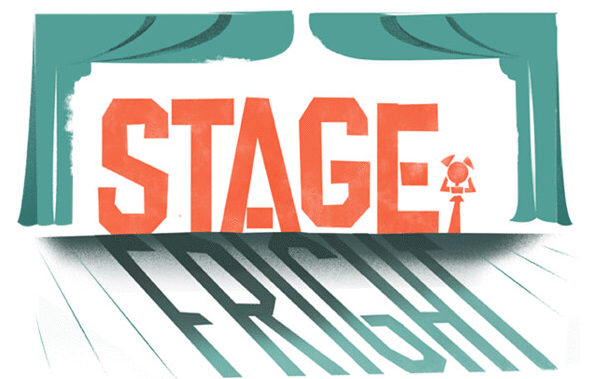Conquering Stage Fright: Strategies to Shine on Stage
Stage fright is a common and conquerable challenge for performers of all kinds, however, you can take control of your anxiety and thrive on stage.
Stage fright, also known as performance anxiety, is a common challenge that many individuals face when stepping onto a stage or in front of an audience. Whether you’re an aspiring actor, musician, public speaker, or simply someone who needs to address a crowd, overcoming stage fright is essential to delivering a confident and memorable performance. In this article, we’ll explore effective strategies and techniques to help you conquer stage fright and shine on stage.
Preparation is Your Best Ally
One of the most powerful ways to combat stage fright is thorough preparation. Know your material inside and out, whether it’s a script, a musical piece, or a speech. Practice relentlessly to build confidence in your abilities. Familiarity with your content will provide a safety net during moments of anxiety.
Visualization Techniques
Visualization is a powerful tool for managing stage fright. Before taking the stage, close your eyes and mentally rehearse your performance. Picture yourself confidently and successfully delivering your lines, playing your music, or speaking to the audience. This mental rehearsal can help reduce anxiety and increase your self-assurance.
Breathing and Relaxation
Controlled breathing and relaxation techniques are invaluable for managing nerves. Practice deep, diaphragmatic breathing to calm your body’s physical response to stress. Combine this with progressive muscle relaxation exercises to release physical tension and promote a sense of calm.
Positive Self-Talk
Monitor and change negative self-talk into positive affirmations. Replace thoughts like “I’ll mess up” with “I am well-prepared and capable.” Speak to yourself kindly and supportively. Self-assurance is a powerful antidote to stage fright.
Gradual Exposure
Gradual exposure to performance situations can help desensitize your fear. Start with smaller, low-pressure performances in front of friends or family. As you become more comfortable, gradually increase the size of your audience. Each successful experience builds confidence.
Physical Preparation
Maintain physical wellness to reduce anxiety. Regular exercise, a balanced diet, and adequate sleep are essential. Avoid caffeine and alcohol before performances, as they can exacerbate anxiety symptoms.
Rehearse in the Performance Space
Whenever possible, rehearse in the venue where you’ll perform. Familiarity with the space, lighting, and acoustics can alleviate anxiety on the day of the performance. It’s also an excellent opportunity to do a sound check and ensure everything is in working order.
Focus on the Message, Not Perfection
Shift your focus from aiming for perfection to conveying your message or emotions. Remember that audiences appreciate authenticity and connection more than flawless execution. Embrace the idea that it’s okay to make mistakes; they are part of the live performance experience.
Seek Professional Help
If stage fright is significantly impacting your life and career, consider seeking help from a therapist or counselor. Cognitive-behavioral therapy (CBT) and exposure therapy are effective treatments for managing performance anxiety.
Learn from Each Experience
Every performance, whether successful or challenging, provides an opportunity for growth. After each appearance, reflect on what went well and what you’d like to improve. This self-assessment will help you refine your skills and become a more confident performer.
Remember, stage fright is a natural response to the excitement and anticipation of performing. With practice, persistence, and a positive mindset, you can transform that anxiety into a source of energy and inspiration.


